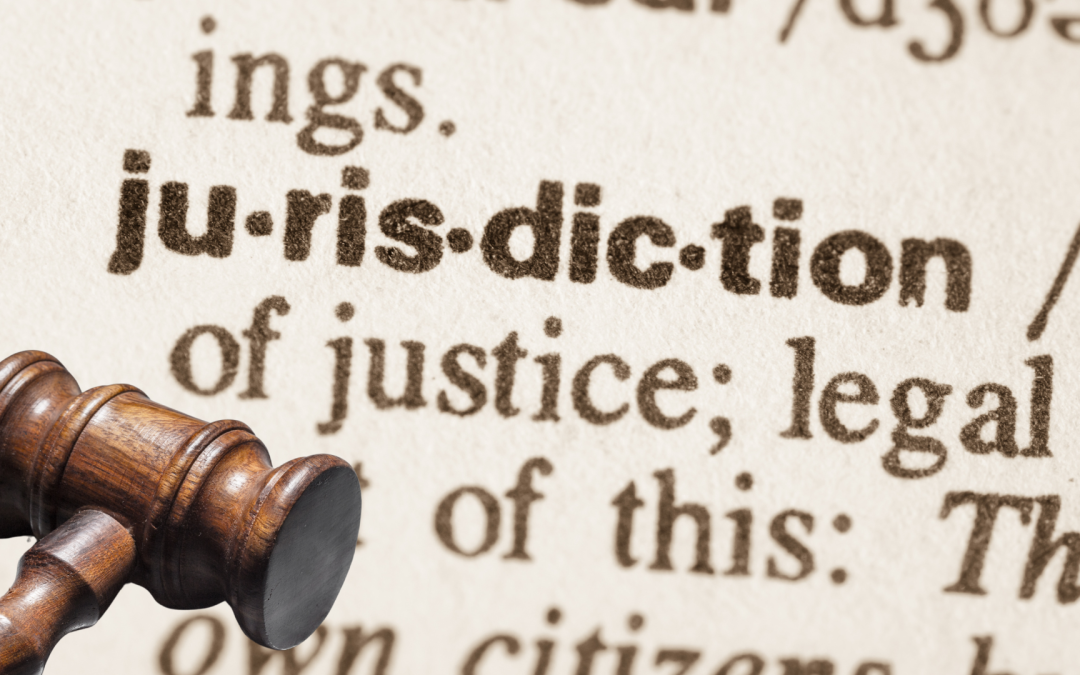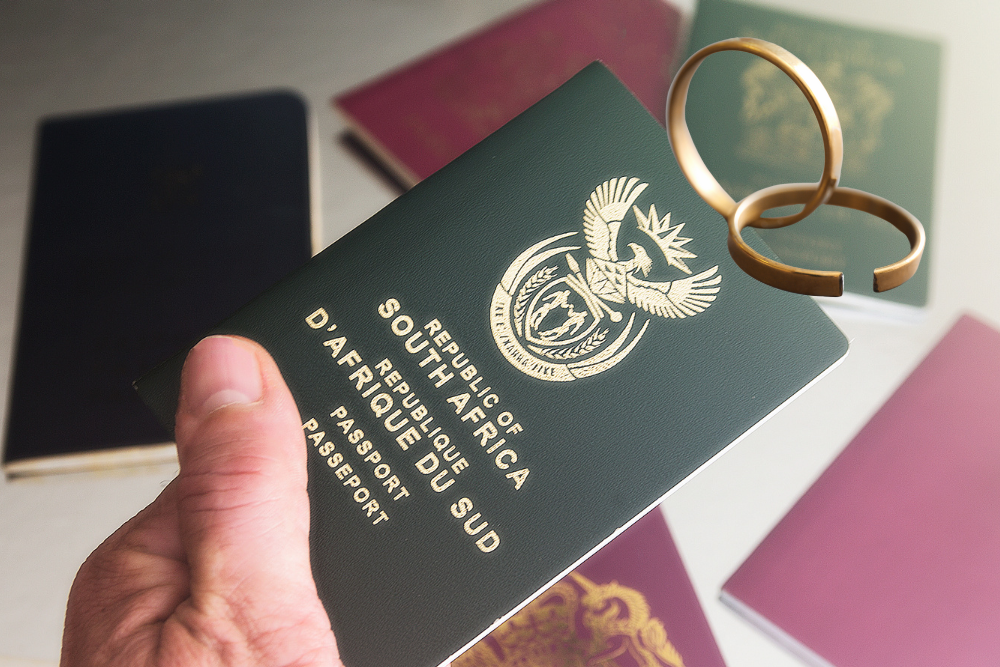When it comes to unmarried father’s rights, there has certainly been a grey area for many years.
In the past, the mother of a child had control over what is best for the child and the Courts gave preference to mothers as it was assumed that they make better caretakers.
The Children’s Act of 2005 has revoked various old laws which regulated the relationships between the parents and their children.
The Children’s Act of 2005
The legal term, Parental Rights and Responsibilities includes the responsibility and right in terms of Section 18(1) of the Children’s Act of 2005:
1. To care for the child;
2. To maintain contact with the child;
3. To act as a guardian of the child; and
4. To contribute to the maintenance of the child
In terms of Section 20 of the Children’s Act of 2005 the biological father of a child has full parental responsibilities and right in respect of the child:
“a. If he is married to the child’s mother; or
b. If he was married to the child’s mother at –
i. The time of the child’s conception;
ii. The time of the child’s birth; or
iii. Any time between the child’s conception and birth.
iv. Section 20 places the biological fathers of children on the same level as the biological mother as long as the father falls into one of the above-mentioned categories.
v. Should the father of the child not fall into any of the above categories then one should look at the rights of unmarried fathers.”
In terms of Section 21(1) of the Children’s Act of 2005, the biological father of a child who does not have parental responsibilities and rights in respect of the child in terms of section 20, acquires full parental responsibilities and rights in respect of the child-
“a) if at the time of the child’s birth he is living with the mother in a permanent life-partnership; or
b) if he, regardless of whether he has lived or is living with the mother-
i) consents to be identified or successfully applies in terms of section 26 to be identified as the child’s father or pays damages in terms of customary law;
ii)contributes or has attempted in good faith to contribute to the child’s upbringing for a reasonable period; and
iii) contributes or has attempted in good faith to contribute towards expenses in connection with the maintenance of the child for a reasonable period.”
In basic terms, Section 21 automatically assigns parental responsibilities and rights to unmarried fathers of children if the father is living with the biological mother when the child is born or if the father does not live with the biological mother, when he accepts to be identified as the child’s biological father or has proven his paternity in court, and has contributed or even tried to contribute to the child’s upbringing and maintenance.
So, in other words, if the unmarried father complies with the requirements in terms of Section 21(1)(b), he receives exactly the same parental rights and responsibilities as the child’s mother.
Unmarried fathers have more rights these days and now have joint parental responsibilities and rights with the mothers of the minor child.
Unmarried father’s application for parental rights and responsibilities
There are many factors to take into account by the Court should the unmarried father bring an Application for Parental Rights and Responsibilities in terms of the Children’s Act of 2005 such as:
• The best interest of the child
• The relationship between the unmarried father and the child
• The relationship between any other person and the child, such as the mother
• The degree and commitment the unmarried father has shown towards the child
• Whether the unmarried father has contributed or attempted to contribute towards the maintenance of the child
• The desirability or otherwise of keeping siblings together
• Any other factor the court considers to be relevant such as:
• Whether the unmarried father has a history of violence towards children
• The effect of separating the child from his/her mother
• The child’s attitude towards the relief sought in the Application.
It is important to note that each matter will differ and different factors will be relevant to a particular case.
Family advocate and High Court of South Africa
Usually the Office of the Family Advocate, which is an officer of the Court employed by the Department of Justice, will act as an advice-giver to the Court and as a mediator between families and the Court to determine whether or not a child’s view should be considered.
After assessing the child and the parents, the Family Advocate will then make evident recommendations to the Court, where after the Court will make its final decision by taking into consideration the best interests of the minor child.
A dispute may be referred to a Family Advocate, social worker, social service professional or any other qualified person which is suitable.
The recommendations are not final and the parties may approach a Court to implement their rights or clarify their position.











